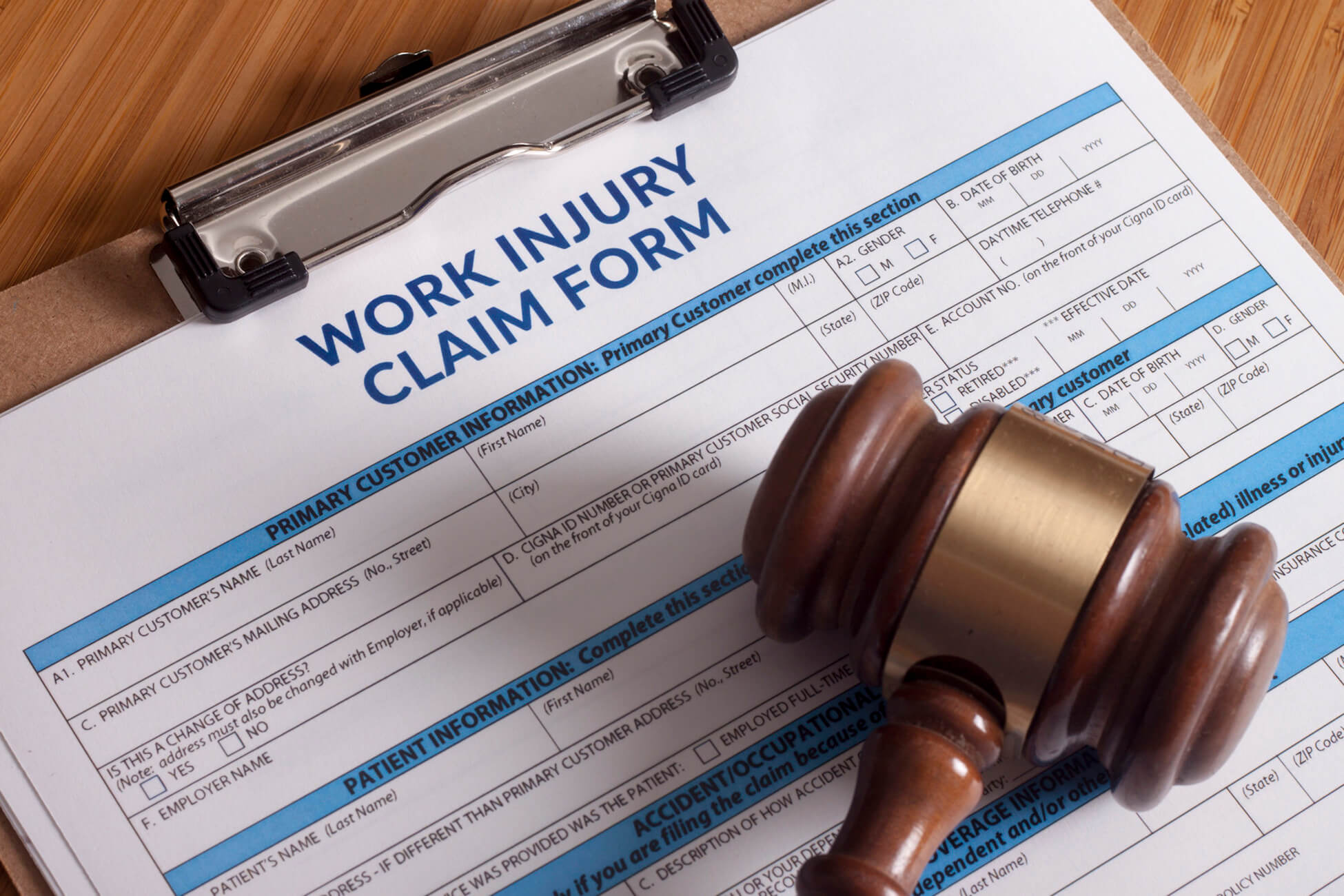 New Jersey Worker’s Compensation Benefits include, but are not limited to, medical benefits. These benefits are for all necessary and reasonable medical treatment, prescription expenses and hospitalization services related to the work injury. In many instances an individual, in addition to pursuing his/her rights under the Workers’ Compensation Act, may also sue the tortfeasor who caused these injuries. The issue of reimbursement of medical expenses paid for by Worker’s Compensation from the amount paid by the tortfeasor was the subject of this appeal.
New Jersey Worker’s Compensation Benefits include, but are not limited to, medical benefits. These benefits are for all necessary and reasonable medical treatment, prescription expenses and hospitalization services related to the work injury. In many instances an individual, in addition to pursuing his/her rights under the Workers’ Compensation Act, may also sue the tortfeasor who caused these injuries. The issue of reimbursement of medical expenses paid for by Worker’s Compensation from the amount paid by the tortfeasor was the subject of this appeal.
The New Jersey Appellate Court stated that it is the Workers’ Compensation Act and not the auto insurance statute that governs claims against third-party tortfeasors by workers who are injured in on-the-job motor vehicle accidents.
In Lambert v. Travelers Indemnity Co. of America, the court was tasked to clear up the conflict between workers’ compensation law and the automobile insurance cost reduction act, each of which deals with how medical liens are to be satisfied.
The court’s decision stemmed from three consolidated cases raising similar issues, reversing a ruling that workers’ compensation insurers are not entitled to recover medical expenses from the proceeds of any recovery the worker obtains from the tortfeasor.
Case (1): Plaintiff was a school bus aide for the Howell Township Board of Education who was injured when the bus she was riding in was hit by a car driven by the defendant. Plaintiff filed a worker’s compensation claim and Travelers Insurance Company paid her $94,705 for medical expenses and $54,695 for compensation benefits.
Plaintiff sued the driver of the car and the case settled for $300,000. Plaintiff’s lawyer offered to pay Travelers $35,713 in reimbursement, which represented two-thirds of the workers’ compensation benefits she received. Plaintiff’s lawyer refused to pay any reimbursement to Travelers’ for medical expenses. Travelers rejected the offer and plaintiff’s counsel filed a complaint to extinguish Traveler’s medical lien.
Case (2): Plaintiff, a police officer for Marlboro, was directing traffic when he was struck by a car driven by defendant. The Monmouth County Municipal Joint Insurance Fund paid plaintiff $60,430 for medical expenses and $44,578 in compensation benefits.
Plaintiff sued the driver and the case settled for $100,000. Plaintiff also brought an uninsured motorist claim against New Jersey Manufacturers Insurance and settled for $199,000.
Plaintiff’s lawyer offered to reimburse the Joint Insurance Fund for a proportional share of the compensation benefits, but refused to reimburse any of the medical expenses. When the Joint Insurance Fund refused, plaintiff filed a suit seeking to extinguish the medical portion of this compensation lien.
Case (3): Plaintiff, a police officer for Hazlet, was sitting in his police car when it was rear-ended by defendant. Plaintiff was paid $4,331 in medical benefits and $15,693 in workers’ compensation benefits by the Monmouth County Joint Insurance Fund. Plaintiff also sued defendant and settled for $60,000. The Joint Insurance Fund asserted a lien against plaintiff’s recovery for compensation benefits and medical expenses. When the parties could not settle, plaintiff filed a suit seeking to extinguish the Joint Insurance Fund lien on his medical expenses.
The Superior Court, Monmouth County, granted plaintiffs’ request to extinguish liens for medical expenses. The Court relied on Dever v. New Jersey Manufacturers Insurance Co., which held that an insurance company has no lien on the medical portion of a third-party claim against an uninsured motorist carrier. The matter was then appealed to the NJ Appellate Division.
The Appellate Division stated that because workers’ compensation benefits are the primary source of recovery for injuries suffered by employees in a work-related auto accident, any recovery obtained by employees from third-party tortfeasors, whether through settlement, trial or otherwise, is subject to liens under the Workers’ Compensation Act.
While this ruling may bring clarity to this issue, it impacts all potential settlements in tortfeasor actions when the injured individual received payment from Workers’ Compensation. If you fail to address medical expenses paid by the Workers’ Compensation carrier during settlement negations, you will jeopardize the amount you receive from the tortfeasor, if any. The attorneys at Gale & Laughlin have been here to help this community with all Worker’s Compensation and Personal Injury matters for decades. Call us with any questions you may have.

